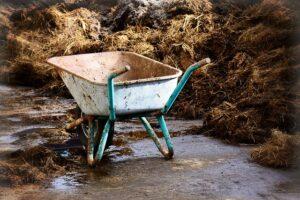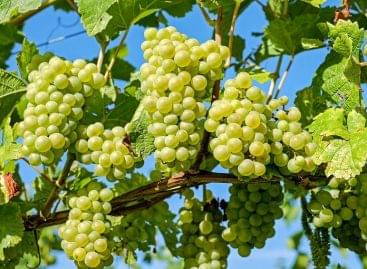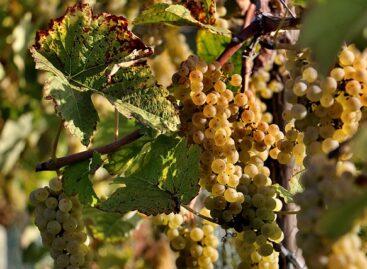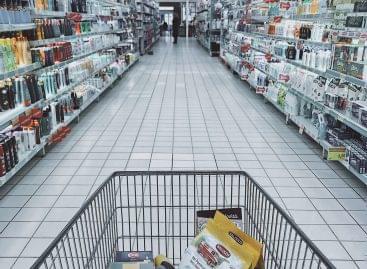Information on the rules for collecting animal by-products
According to the concession tender won in 2022, MOL-MOHU will be responsible for the collection and management of municipal waste in Hungary for 35 years from July 1, 2023.

(Photo: Pixabay)
The new regulations do not affect large livestock farms, slaughterhouses, food producers, and commercial and catering units. Based on domestic legislation, these facilities must have a contract for the removal and disposal of animal by-products other than manure (including food waste classified as category 3 animal by-products) generated during their activities. For this, they must cooperate with a supplier and a licensed facility authorized to transport and handle animal by-products. Individual operators (e.g. catering units) may still hand over category 2 or 3 animal by-products (e.g. food waste) to zoo animals or pets (e.g. licensed dog shelters) based on the license issued for this purpose.
What is an animal by-product?
Animal by-products are substances of animal origin not intended for human consumption.
They can both pose a risk to human and animal health if they are not handled or used in a safe manner.
Animal by-products include, but are not limited to:
- All parts of animals slaughtered for human consumption that are not edible or marketed as food, for example: skin, bones, horns, hooves, blood, fat and offal
- Bodies of dead animals and pets in animal farms
- Materials produced by animals, for example: dung, eggshells, feathers, wool, beeswax
- Former food of animal origin, such as: milk, eggs and meat, produced by economic organizations, which for some reason (trade, quality, production errors, etc.) are not suitable for human consumption.
More information on the subject: https://portal.nebih.gov.hu/allati-melletermek/
In order to avoid risks to public and animal health, by-products of animal origin must be collected, transported, processed and disposed of by safe, licensed operators in accordance with the relevant European Union and domestic legislation, in accordance with animal health legislation. In connection with the above, economic organizations carrying out activities subject to food chain supervision must continue to hand over the resulting animal by-products to suppliers and operators authorized by the food chain supervision authority, given that they are not covered by the scope of the concession.
Nébih
Related news
Nébih: A grape disease called golden yellows has also appeared in the Villány region
The grapevine disease known as golden yellows has also appeared…
Read more >Grapevine golden yellow disease has also appeared in the Villány region – Nébih calls for increased protection
The Grapevine flavescence dorée (FD) pathogen, which causes grape golden…
Read more >Hungarian vineyards are under serious threat – Nébih calls on farmers to take action
The golden yellow phytoplasma disease spread by the American grape…
Read more >Related news
What makes us add the product to the cart – research
The latest joint research by PwC and Publicis Groupe Hungary…
Read more >Energy drinks are now legal: what every shopkeeper should know
New regulations on the sale of energy drinks came into…
Read more >Tens of millions with one opening tab – the biggest prize draw in XIXO history has started
This summer, XIXO is preparing for a bigger launch than…
Read more >






